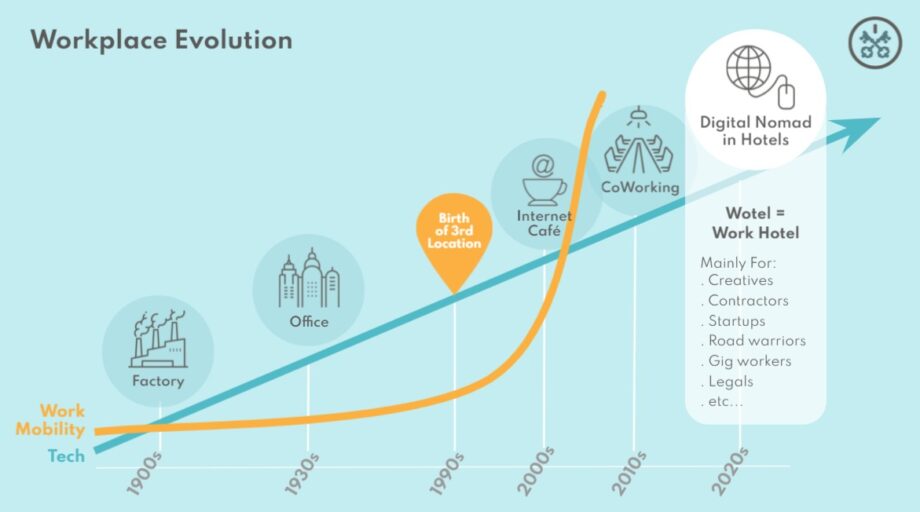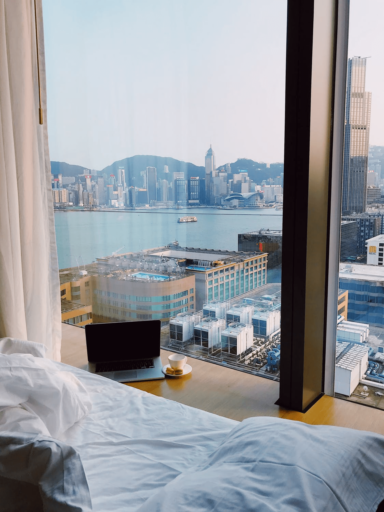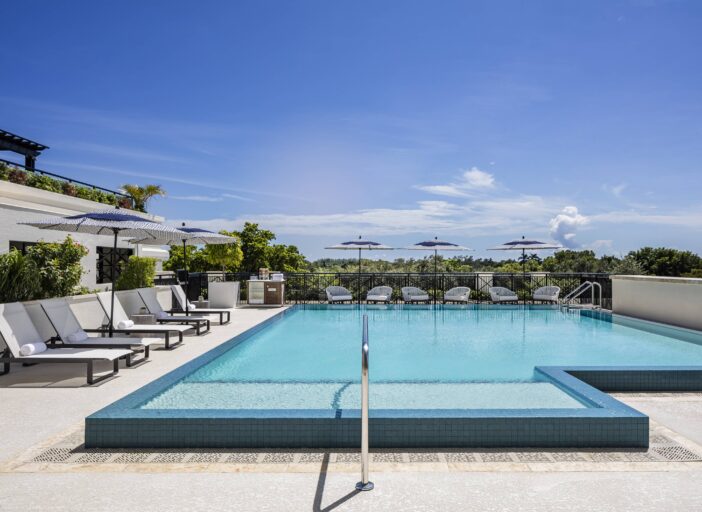Workplaces have come a long way over the years. What started with simple at-home jobs like sewing and weaving evolved into massive factories during the Industrial Revolution. It wasn’t always easy—many struggled with the switch. Today, we are witnessing the third location workplace evolution, where traditional office setups are giving way to more flexible work environments like coffee shops and hotel lounges.
The Rise of Office Spaces
Then came the offices. These places brought everyone together under one roof, moving from typewriters in the 1930s to computers by the 2000s. Offices became the new norm, replacing factories and mills. People like Titus Salt tried to make it better by building nice communities for workers, but that was rare. However, this traditional setup is changing again. Today, more and more people are finding new places to work, from coffee shops to hotel lounges.

The Evolution of Mobile Technology
Mobile tech has transitioned from being a fantasy to something essential. Early on, mobile phones were large and awkward, often laughed at for their impracticality. Yet, over time, these devices became sleeker and more efficient, changing how we work.
From Desktops to Digital Freedom
Desktops and laptops further boosted this shift, allowing employees to work without being stuck in an office. The world of work has moved away from physical spaces filled with paperwork to a digital environment that offers freedom and flexibility.
A New Definition of the Workplace
Today, jobs are defined more by tasks than by places. The internet allows you to collaborate with people all around the world. This interconnectedness is supported by widespread access to Wi-Fi, enabling you to work from nearly anywhere. Whether it’s logging into a cloud-based platform or video conferencing with team members, the internet makes it all seamless.
The Role of English in Global Collaboration
Nowadays, the workplace is defined more by the task being done than a specific physical location, as the internet enables workers from every corner of the map to easily work together. Collaboration is made even easier due to the predominance of English as a first language in many countries, and a second language in plenty more. Top multinational corporations such as Microsoft, Samsung, SAP, among others, have long adopted English as the primary language to connect their various offices around the globe.
Big companies like Microsoft and Samsung use English to unify their global offices. This standard language makes international collaboration easier. Thanks to mobile tech, geographic boundaries matter less, allowing you to engage in tasks, meetings, and projects from wherever you are.
The Work-From-Home Migration

The pandemic shifted how we think about work. Gone are the strict lines dividing our workspaces from our living spaces. You’ve probably noticed how working from home can blur these boundaries, making it tough to log off completely. There’s no clear end to the workday when your office is in your living room.
During the COVID-19 pandemic, many businesses had to adapt quickly to remote work. This wasn’t the first time a virus disrupted our lives, but it was a wake-up call about how vulnerable traditional office setups can be. With tools like Zoom and Slack, you can stay connected and productive without setting foot in an office. This has opened the door for hybrid work models, where you can split your time between home and the office.
Remote work offers flexibility and has helped many find a better work-life balance. Balancing work and personal life is important for well-being. Yet, working from home isn’t perfect. It’s easy to feel like you’re always on the clock. Finding a balance can be tricky but having the option to work from anywhere is a game-changer.
The Office vs The Third Location
Tech and Gear
In an office, everything is set up and ready to go. You don’t need to worry about bringing any extra equipment from home. The same goes for hotel business centers—they are fully equipped with all the devices you may need. This means you or your company won’t need to spend extra money on office gear.
Location Flexibility
Hotels are everywhere—big cities, small towns, and even remote areas. Co-working spaces and cafes are usually found in cities, making them less convenient if you live outside urban areas. Hotels offer a broader range of locations, which can be great if you prefer working in quieter or less crowded places.
Safety and Comfort
Hotel staff follow strict protocols to ensure your safety and the security of your belongings. You also won’t need to worry about discomfort. Hotels are designed for long stays, so they offer ergonomic furniture that supports your back and keeps you comfortable during long workdays. Unlike the wooden chairs you might find at a café, hotel chairs are meant for extended use, reducing the risk of back pain.
Collaboration Spaces
Hotel conference rooms are perfect if you need to bring a team together for a meeting. They provide both private workrooms for solo tasks and spacious lobbies for group projects. This flexibility can help improve both individual productivity and team morale.
Work-Life Balance

Hotels offer a unique blend of work and vacation. Once your workday is done, you have a whole range of amenities and possibly even a new city to explore. This setup can give you a much better work-life balance compared to being stuck in an office or working from home all the time. The change in environment can also offer new stimuli that boost creativity and focus.
Private Work Rooms and Collaborative, Stimulating Co-Working Lounges Await
If you’re tired of the same old coffee shop scene, hotels offer a fresh alternative. With services like HotelsByDay, you can book a workroom for just a few hours, giving you flexibility without the full-day commitment. These rooms come with free Wi-Fi, ensuring you stay connected while enjoying a change of scenery.
Imagine starting your day in a comfortable chair, working efficiently in a quiet space. The lobby and lounges nearby provide spots for a quick break or a bit of social interaction. For a more dynamic atmosphere, head to the co-working spaces within the hotel. Designed to boost creativity and productivity, these spaces often feature ergonomic seating, bright lighting, and a touch of modern design.

Working from hotels like the Thesis in Coral Gables, Florida means pool time is just steps away from powering down for the day. Hotel amenities add to the experience, making it more enjoyable. Need to unwind after a long meeting? Take a swim in the pool, hit the gym, or relax in the spa. The on-site cafes and restaurants are perfect for grabbing a bite or a coffee without leaving the building.
Hotels located in prime areas such as business districts, near airports, or close to shopping hubs offer convenience. Whether you need a quiet place to focus or a lively spot to brainstorm with colleagues, hotel workspaces provide a solution. Enjoy the benefits of a traditional office without the long-term commitment and high costs.
A New Way to Work with HotelsByDay
The office has its benefits, especially when it comes to having all the necessary equipment in one place. But if you’re looking for more flexibility, wider location options, and a better work-life balance, a hotel might be a great third place for your work needs. Both settings offer unique advantages, so it’s all about finding what suits your work style the best. Book your space today and discover a new way to work.

Photo Credits:
Featured image property of HotelsByDay
“Workplace Evolution” property of HotelsByDay
“Stressed woman drinking wine” by Zachary Kadolph on Unsplash
“Hotel View” property of HotelsByDay
“Thesis Hotel Pool view” courtesy of the Thesis Hotel, Coral Gables, FL
